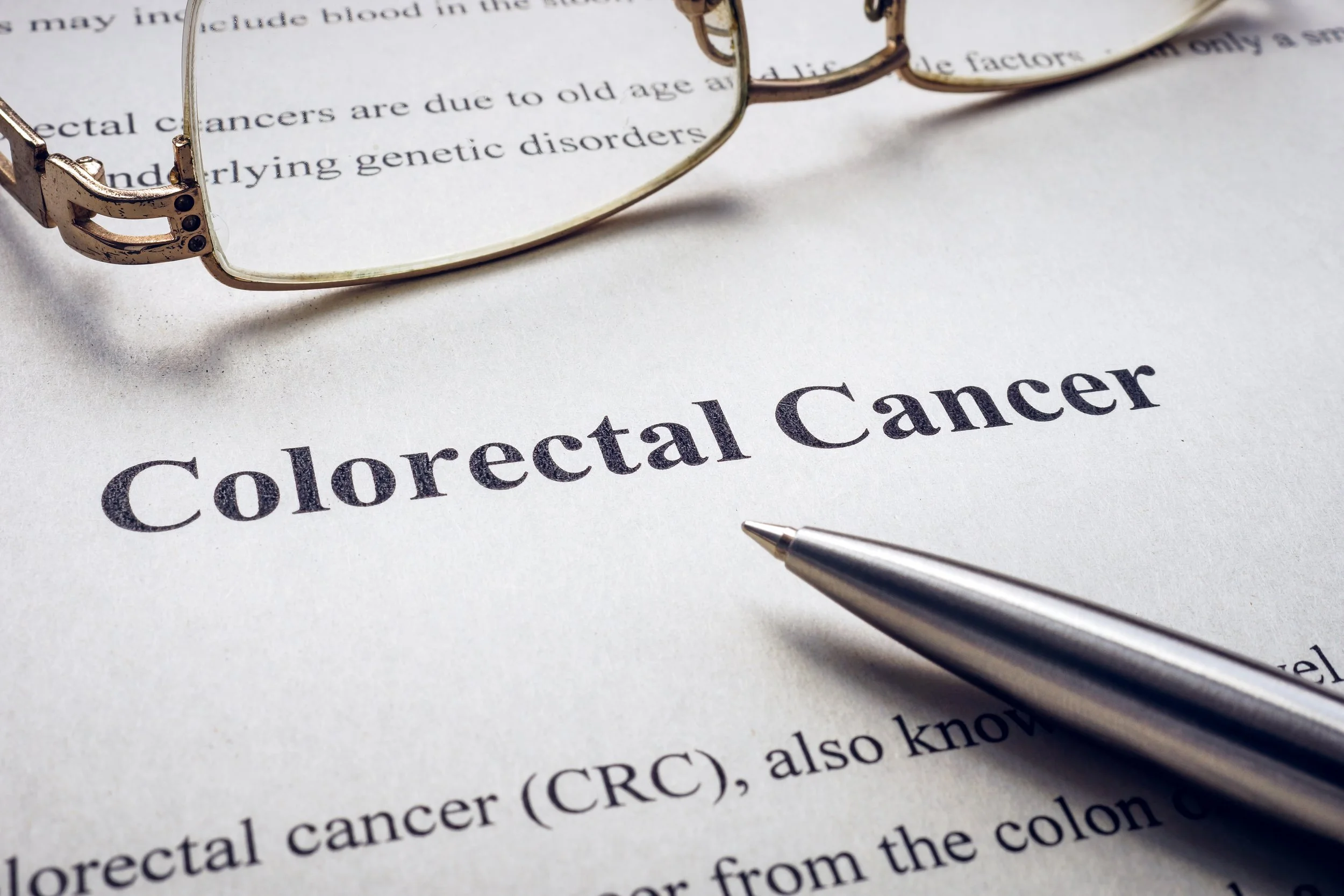Learn about the key risk factors for colorectal cancer and how to reduce your chances of developing this common disease. Discover expert care at Tampa Bay Colorectal Surgery for screenings, prevention, and treatment.
Colorectal Surgeon Spotlight: Dr. Francisco Itriago
Here at the Colorectal Clinic of Tampa Bay, our patients are our top priority. For our very own colorectal doctor, Dr. Francisco Itriago, this is definitely the case. The Colorectal Clinic of Tampa Bay hires only the very best surgeons in the Tampa area so that you can trust and rely on every colon cancer doctor and colorectal specialist you see at our office.
Risk Factors for Colorectal Cancer
Colorectal Cancer Prevention Tips
How Do I Know If I Have Colorectal Polyps?
Colorectal polyps are small clumps of cells that form on the inner lining of the colon. These polyps are very common, especially in people over 50. Fortunately, most colorectal polyps don't cause symptoms and are harmless, however, a small percentage can develop into colon cancer.
The 5 Stages of Colorectal Cancer
Are You Genetically Predisposed For Colorectal Cancer?
One of the largest risk factors for colorectal cancer is a strong family history of the disease. While there are other external and unknown factors that can cause this type of cancer, your family’s health history is a tool you have at your fingertips to understand and work to detect it earlier.
Signs & Symptoms of Colon Cancer
5 Screening Tests for Colon Cancer You Should Know About
Adenocarcinoma: The Most Common Type of Colorectal Cancer
Best Resources for Colorectal Cancer Patients According to The American Society of Colon and Rectal Surgeons
Colon Cancer Mythbusters: Myth vs. Reality
Getting reliable information regarding diseases or medical procedures can be very difficult. In some cases, you may hear contradictory or conflicting information about a single topic. Colon cancer is no exception to this phenomenon.
So, let’s set the record straight once and for all by looking at some common misconceptions about colon cancer. And after we look at the myth, we will look at the reality:
Myth #1
MYTH: Colorectal cancer can’t be prevented.
REALITY: While colon cancer is the third most common type of cancer and is responsible for nearly 50,000 deaths per year, about 60% of colon cancer deaths are preventable through regular screenings and/or early detection.
Myth #2
MYTH: Only men can get colon cancer.
REALITY: While colon cancer is more common in men than in women, it is still common in men. According to the American Cancer Society, 64,000 women each year are diagnosed with colon cancer.
Myth #3
MYTH: Colon cancer only affects the elderly.
REALITY: This is not true. While age is a risk factor for colon cancer, regular screenings should be started around 40 or 50 depending on your other risk factors. Some of these include family history, personal medical history, inflammatory bowel disease, smoking, obesity, and more.
Myth #4
MYTH: Colonoscopies are difficult and uncomfortable.
REALITY: They aren’t so bad. Patients are sedated during the whole procedure, which typically only lasts 20-30 minutes, to eliminate any discomfort. After a colonoscopy, a patient should take the rest of the day off and relax, but normal activities can be resumed on the next day.
Myth #5
MYTH: If I don’t have symptoms, then I must not have colon cancer.
REALITY: Colon cancer does not present symptoms right away. Over half of the people diagnosed with colon cancer have not experienced symptoms yet. Common symptoms include change in bowel habits, blood in the stool, constipation, fatigue, weight loss and abdominal pain. If these symptoms have presented themselves, then your colon cancer may be far advanced.
Myth #6
MYTH: Colon cancer is always fatal.
REALITY: In advanced stages colon cancer is very deadly, but if detected early the survival rate is around 90%. Early detection means it is found while the tumor is small and has not spread. For this reason it is important to get a colonoscopy or other screening test done regularly.
Myth #7
MYTH: My diet cannot affect whether or not I have colon cancer.
REALITY: There are many studies that suggest eating plenty of fiber and cutting down on red meat can decrease your risk of developing colon cancer. According to Dr. Rolando Sanchez MD, “some studies have shown that red meat cooked over an open flame can contribute to the development of polyps that can then possibly turn cancerous.” Watching your diet can also help prevent unhealthy weight gain which is another risk factor for colon cancer.
More Information
To cut through any other myths or misconceptions and get the full truth about colon cancer, talk to a colorectal specialist about causes, prevention, symptoms, and diagnosis of colon cancer. You can also speak to a specialist to learn more about colorectal surgery, radiation therapy, ablation and other treatment methods.










